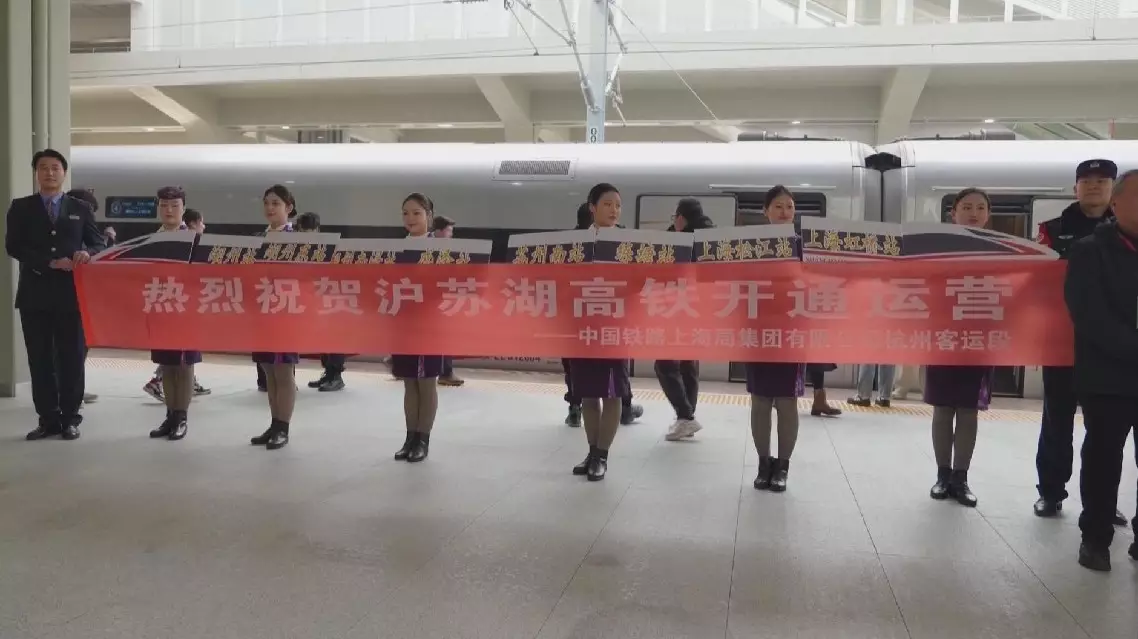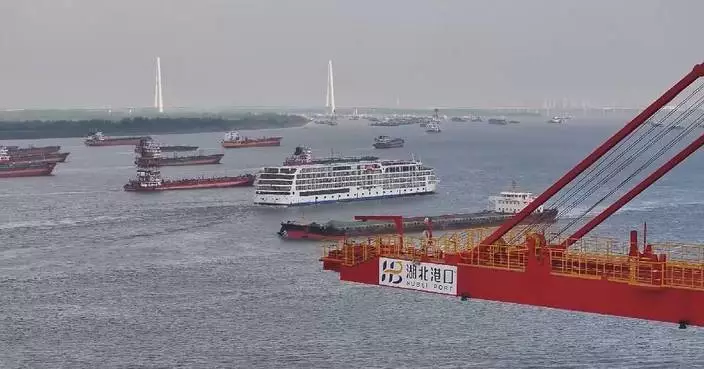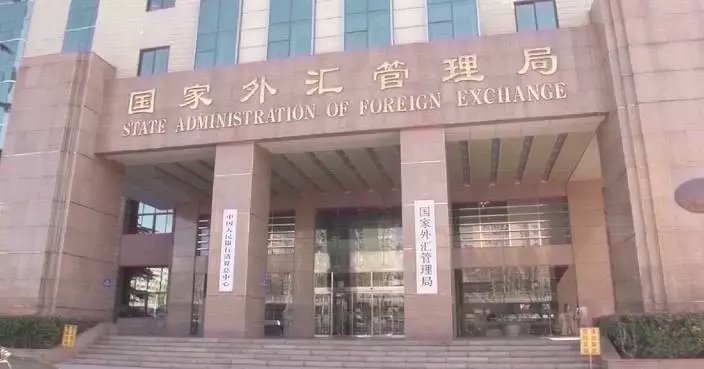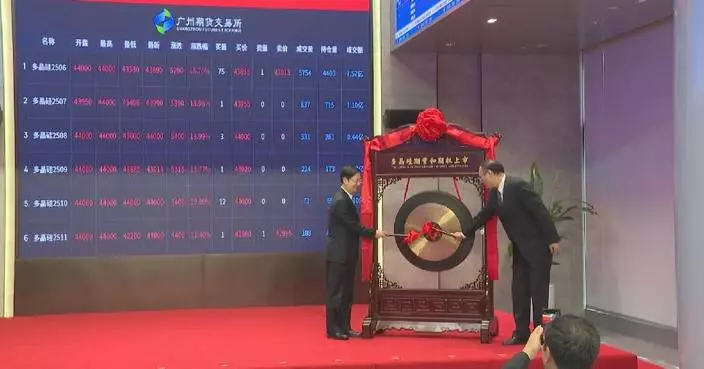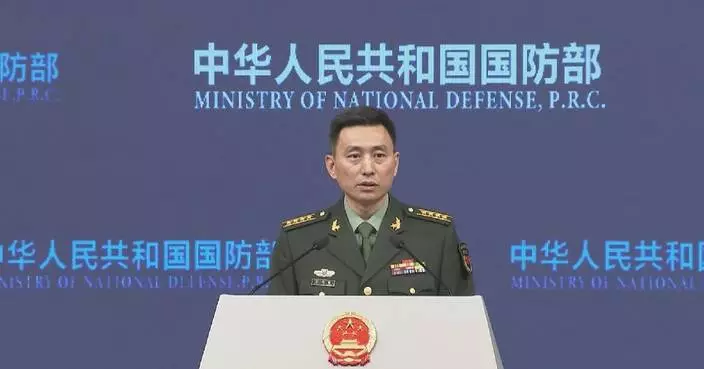Mexico's Former Deputy Minister for Foreign Trade has hailed China's newly implemented zero-tariff policy for enhancing trade flows, attracting foreign investment, and creating new opportunities for businesses worldwide.
Starting Sunday, China granted zero-tariff treatment to all least developed countries with which it has diplomatic ties, a move that will significantly boost their exports, attract foreign investment, and contribute to their economic development.
In an interview with the China Global Television Network (CGTN), Juan Carlos Baker Pineda said the move plays a significant role in reinvigorating the global economy and demonstrates China's willingness to further open its market.
"I think it's very important for several reasons. Probably the most important one is because amid the fears of an economic global recession, having these type of signals, it's important because it shows that some countries are deciding to address that potential recession through an opening of its markets rather than closing them down, which in turn will decrease the likelihood of a recession and inflation and other matters as well. I also believe that it's important because, at least in the case of China, it has been accused in the past of being protectionist, of trying to force certain disciplines or trade decisions onto its domestic market. Now by doing this, I believe that China is signaling actually quite the opposite," Pineda said.
He stressed that the move will open new opportunities for Africa and promote China-Africa trade.
"For that opportunity to actually materialize, I believe that it's equally important that potential exporters also invest on their infrastructure, that those potential exporters as well, make sure that they comply with the standards of the markets they are intending to open. But at the same time, some of the countries in Africa that are currently well positioned to take advantage of these are the big African economies, Nigeria, South Africa, Algeria, Egypt and a couple of others as well," he said.
Pineda called for greater international cooperation to counter the rising tide of protectionism.
"I believe that the world, some of the major economies, Western economies, is probably heading into a much more protectionist version of international trade. I don't believe that we are going to have a massive, widespread global trade war, but certainly conditions for exporting and entering other markets are going to be more complicated. Other countries might follow suit the China decision. That's it. But clearly for that to actually get the traction that you and I are saying and hoping, well other countries would also need to step in, including the western countries, Western Europe, Canada, the United States, Japan, Australia, and probably with the information that we have available as of now, it's hard to predict a movement in that direction," he said.
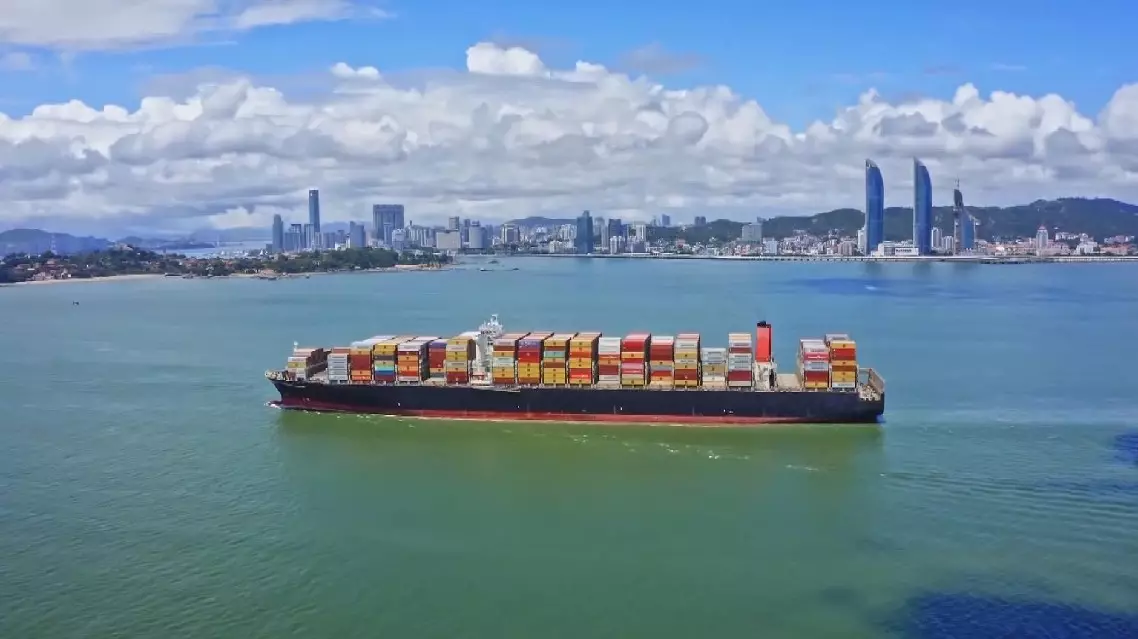
Mexican expert lauds China's zero-tariff policy for boosting trade


